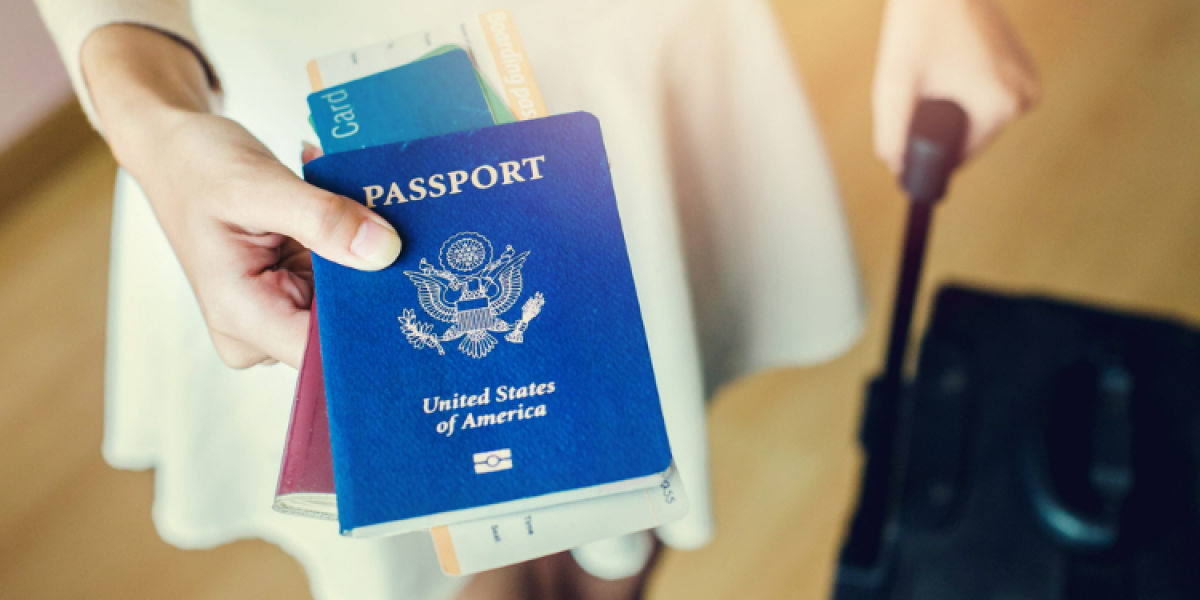
Dual citizenship is accepted in most countries, but it's not an option in the Netherlands or China, for example. Others, like Finland, accept dual citizenship under certain conditions. So what should you do if you're an expat in a country where you're not allowed to have dual citizenship? Does it mean that you have to give up on your nationality?
Which countries do not allow dual citizenship?
In 2017, Brexit negotiations brought about a lot of uncertainties for nearly 100,000 Dutch residents in the UK? The issue was whether they would be able to obtain British nationality along with their Dutch nationality? Mark Rutte, Prime Minister of the Netherlands, made it clear that it's a big no. His views were that if Dutch citizens' ties to another country have become stronger than their ties to the Netherlands, then Dutch nationality must cease. In fact, Dutch law amended in 2010 makes it clear that choosing another nationality automatically leads to the loss of Dutch nationality. Still, during endless Brexit negotiations, some were hoping for greater flexibility from both countries. Unfortunately, what could have been a step forward ended up as a huge disappointment, although some recall that the Queen of the Netherlands has dual nationality through marriage. This is indeed one of the exceptions, along with adoption, allowing dual nationality.
Estonia, Latvia, the Netherlands, Andorra, Azerbaijan, the Democratic Republic of Congo, Cameroon, China, Indonesia, Laos, Mexico, Malaysia, Norway, Vietnam, and Japan are also against dual citizenship. What could be seen as a sign of openness for some is considered a risk by others. How can such a stand from countries affect your moving abroad plans and your expat life?
What should you do if your expat country is against dual citizenship?
The notion of nationality goes well beyond having a passport. It can affect your expat life in a significant way, especially if you're looking to stay in the long run. So before embarking on such an adventure, it's important that you answer the following questions:
- Have you ever lived abroad before?
- Have you been residing in your host country for a long time?
- Are you involved in political or social life locally or nationally? Are you looking to get involved (vote, participate in elections, etc.)?
- Does not having your host country's nationality hinder your professional development (no access to specific jobs in the public service, for example)?
- Does not having your host country's nationality slow down certain projects (such as buying property)?
- Will acquiring your host country's nationality help you move a step forward in your expat life?
- Is acquiring your host country's nationality proof of full integration? Are you already familiar with the language, culture, etc., and ready to adopt them?
- How far are you willing to go to become a permanent resident or a citizen of your host country?
- Is there any way you could adjust to dual nationality without giving up your own nationality?
What are the perks and drawbacks of dual nationality?
There are many benefits to switching from a temporary resident to permanent resident status while keeping your rights in your home country. This means that you no longer have to renew visas and permits. Moreover, you will have the right to vote and, therefore, to participate in the country's political life. You might also get the chance to work in the public service and be entitled to social assistance, universal healthcare, etc. Besides, dual citizenship makes it possible to travel to more countries with benefits provided by both passports.
Still, there are quite a few risks to dual citizenship besides having to abide by the law in your host country. For instance, you might be bound by specific duties you are unaware of. Remember that dual citizenship goes way beyond having a passport to travel. It's worth noting that obtaining US citizenship while keeping your own involves tax duties. Indeed, you will have to pay US taxes, whether or not you reside in the territory. The principle in the US is that all American citizens pay their taxes, regardless of where they reside. Therefore, many expatriates, whether they are of American origin or not, are compelled to pay US taxes even if they have not lived there for years or have never lived there (for example, if they were born in the US but grew up abroad. The only solution for them is to give up on their American citizenship. However, this process is long and expensive.
So before giving up on your nationality, make sure to have enough information on the benefits and drawbacks. The consequences might be significant for some, such as putting an end to their expat experience. Others may find it just a simple formality to do business more easily and be entitled to tax incentives and social benefits in their expat country. Multiculturalism is another important factor for other expats, which is why they find it hard to give up on their nationality to acquire another. It is rather an individual choice once you have assessed the pros and cons.



















